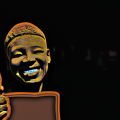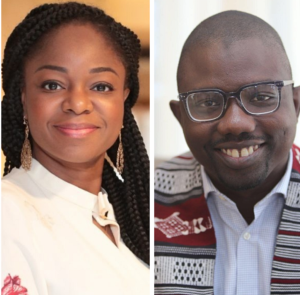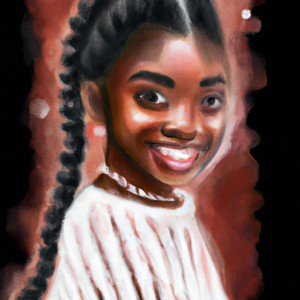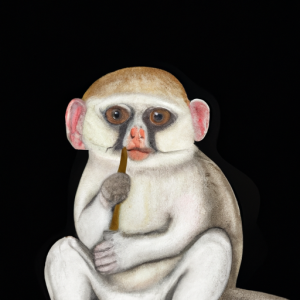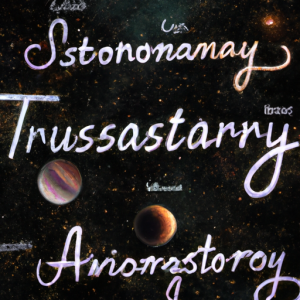Kamel daoud lieu naissance

Kamel Daoud’s Place of Birth: Exploring the Origins of a Literary Icon
Kamel Daoud is a renowned Algerian writer who has been making waves in the literary world for his thought-provoking works that explore the complexities of identity, culture, and religion. Born on June 17, 1970, in the city of Mostaganem in Algeria, Daoud’s place of birth has been a topic of interest among his fans and followers.
Where is Mostaganem?
Mostaganem is a port city located on the north coast of Algeria, about 350 km west of the capital Algiers. The city has a rich history, having been ruled by various empires and civilizations over the centuries, including the Phoenicians, Romans, Arabs, Ottomans, and French.
Statistics on Mostaganem
Here are some interesting statistics about Mostaganem:
- The population of Mostaganem is around 150,000 people
- The city covers an area of approximately 130 square kilometers
- Mostaganem is known for its beautiful beaches, including Les Sablettes and Plage des Sablettes
- The city is also home to several historic landmarks, such as the Spanish Fort and the Mosque of Sidi Maamar
Now that we have some background on Mostaganem, let’s dive into Kamel Daoud’s place of birth and its significance in his life and work.
The Significance of Mostaganem in Kamel Daoud’s Work
Mostaganem holds a significant place in Daoud’s work, as it serves as the backdrop for many of his stories. The city’s rich cultural and historical heritage is reflected in his writing, which often explores the complexities of identity and belonging in a multicultural society.
One of Daoud’s most famous works is “The Meursault Investigation,” which is a retelling of Albert Camus’ classic novel “The Stranger” from the perspective of the Arab murdered by Meursault. The novel explores the themes of colonialism, identity, and justice, all of which are deeply rooted in Algerian history and culture.
Daoud’s other works, such as “Zabor, or The Psalms” and “The Mersault Case,” also explore similar themes, highlighting the importance of place and cultural identity in shaping our understanding of the world.
References
- Encyclopedia Britannica: Mostaganem
- The Guardian: “The Meursault Investigation” by Kamel Daoud review – an answer to Camus
- Al Jazeera: Kamel Daoud and Algeria’s fractured identity
